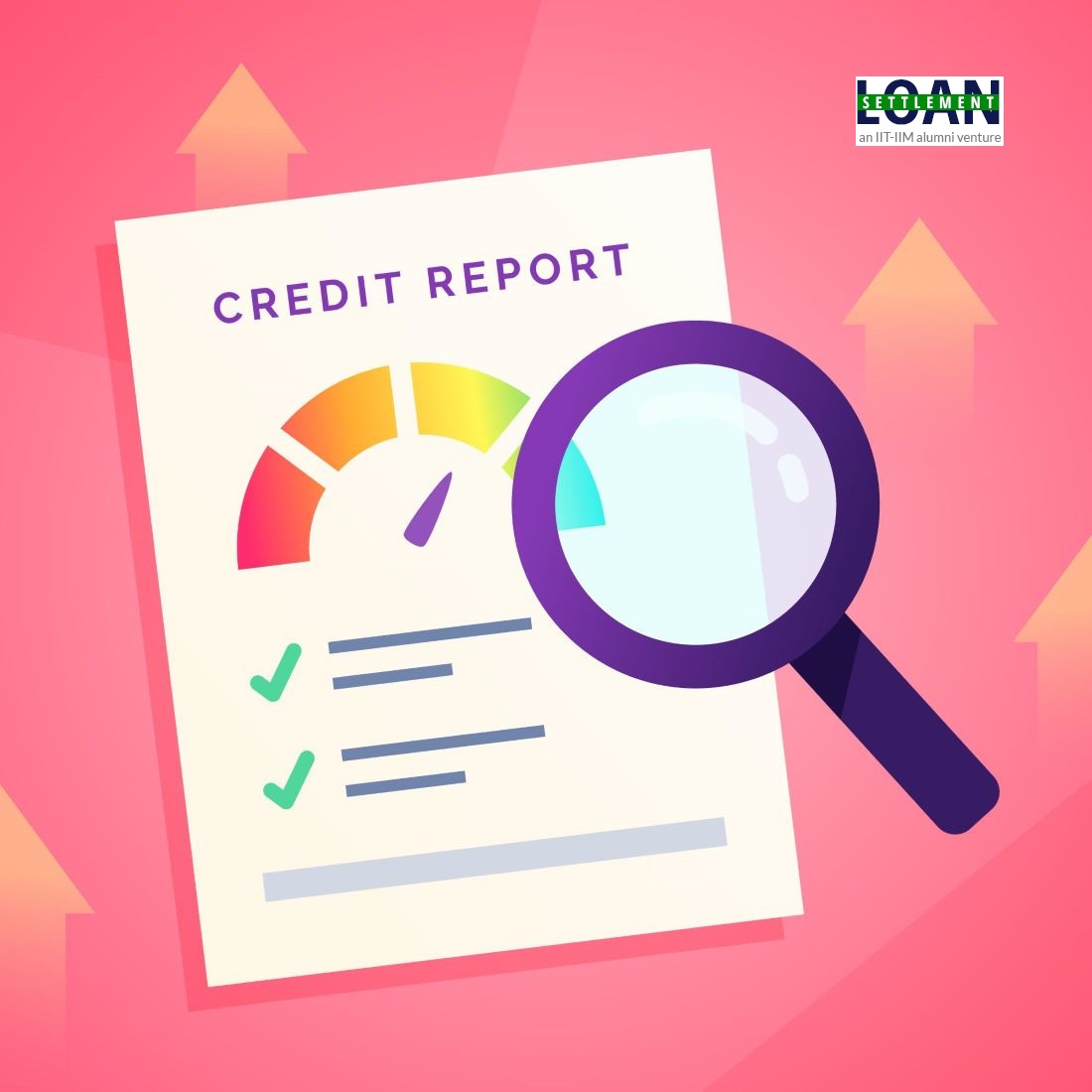In today’s fast-paced world, loans have become an integral part of financial planning for many individuals. Whether it’s for buying a home, funding education, or covering unforeseen expenses, loans provide the necessary financial support. However, when applying for a loan, one crucial factor that lenders consider is the applicant’s CIBIL score.
Understanding the CIBIL Score:
The Credit Information Bureau (India) Limited, commonly known as CIBIL, is a credit information company that maintains credit records of individuals and businesses. The CIBIL score is a three-digit numerical representation of an individual’s creditworthiness, based on their credit history.
Importance of CIBIL Score for Loan Approval:
When you apply for a loan, whether it’s a personal loan, home loan, or any other type of credit facility, lenders assess your CIBIL score to evaluate the risk associated with lending you money. A higher CIBIL score indicates responsible credit behavior and increases the likelihood of loan approval at favorable terms, including lower interest rates and higher loan amounts.
How to Check Your CIBIL Score:
Checking your CIBIL score is a straightforward process. You can obtain your CIBIL score and credit report online through the official CIBIL website or other authorized credit bureaus. Typically, you need to provide personal details, such as your name, date of birth, PAN card number, and contact information, to access your credit report.
Next Steps to Ensure a Good CIBIL Score:
- Review Your Credit Report: Once you have access to your credit report, carefully review it to ensure all information is accurate and up-to-date. Any errors or discrepancies should be reported to the credit bureau for correction.
- Manage Your Debt Responsibly: Maintain a healthy credit utilization ratio by keeping your credit card balances low and paying your bills on time. Avoid maxing out your credit cards or applying for multiple loans simultaneously, as it can negatively impact your CIBIL score.
- Avoid Defaulting on Loans: Defaulting on loan payments significantly damages your CIBIL score and makes it challenging to obtain credit in the future. If you’re facing difficulties repaying your loans, consider options like loan settlement or restructuring to avoid default.
- Seek Professional Assistance if Needed: If you’re struggling with a low CIBIL score or facing challenges due to past defaults, seek guidance from a reputable loan settlement agency. These agencies can help negotiate with lenders on your behalf and facilitate the loan settlement process, allowing you to improve your creditworthiness over time.
Register with us today at https://loansettlement.com/ to learn more about our services and how we can help you!
In conclusion, your CIBIL score plays a crucial role in determining your eligibility for loans and the terms offered by lenders. By maintaining a good CIBIL score and adopting responsible credit management practices, you can enhance your financial stability and access various credit opportunities when needed.
Also Read:https://www.loansettlement.com/blog/how-to-get-a-low-cibil-loan-with-bad-credit-in-2023/

